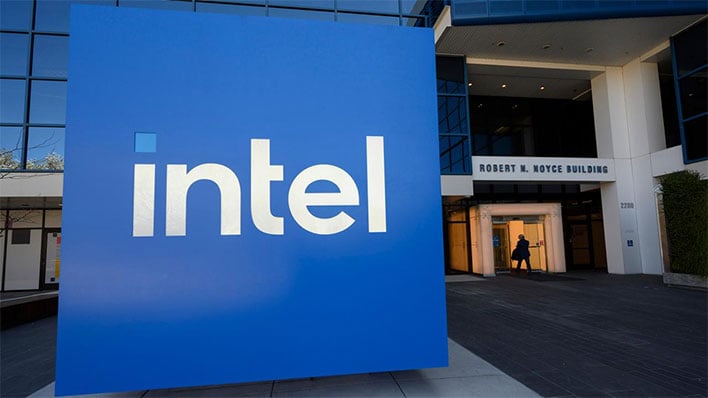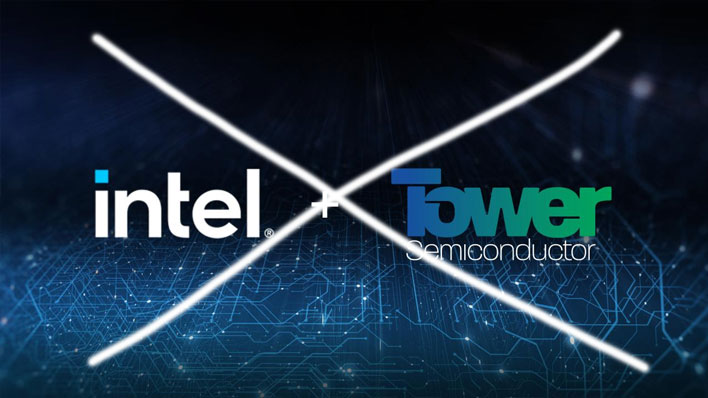Why Intel Is Walking Away From $5.4B Deal To Acquire Tower Semiconductor

Intel and Tower Semiconductor have mutually agreed to abandon plans for the former to acquire the Israeli chip manufacturer at $53 per share in cash, which would have valued the now-nixed deal at $5.4 billion. However, it's not as simple as just parting ways—as part of the merger agreement that was signed in February 2022, Intel will pay a $353 million termination fee to Tower.
At the time the deal was announced, Intel estimated it would take around 12 months to finalize, pending regulatory approvals and customary closing conditions, including the approval of Tower's shareholders. So how did the deal fall apart? In a press release, Intel simply states that it nixed the deal a year and half later "due to the inability to obtain in a timely manner the regulatory approvals" that were needed to see this to fruition.
Tower Semiconductor echoed the sentiment in its own press release.
"After careful consideration and thorough discussions and having received no indications regarding certain required regulatory approval, both parties have agreed to terminate their merger agreement having passed the August 15, 2023, outside date," Tower Semiconductor said in a statement.

Intel and Tower Semiconductor didn't go into any further detail, though according to a multiple reports, the deal came to a halt because China's antitrust regulators hadn't approved the merger by yesterday's deadline. If true, China is effectively weaponizing the antitrust review process in response to US sanctions, in what's become a rising tech war. The deal had already passed antitrust reviews in the US and Europe.
This could have interesting implications for future deals, in which companies in similar positions will ultimately have to choose between following through with a merger and pulling out of China, or backing away from mergers while continue to serve the Chinese market.
Intel, meanwhile, is forging ahead with its IDM 2.0 strategy.
"Our foundry efforts are critical to unlocking the full potential of IDM 2.0, and we continue to drive forward on all facets of our strategy," said Pat Gelsinger, CEO of Intel. "We are executing well on our roadmap to regain transistor performance and power performance leadership by 2025, building momentum with customers and the broader ecosystem and investing to deliver the geographically diverse and resilient manufacturing footprint the world needs."
Gelsinger also said Intel's "respect for Tower has only grown through this process" and that the two firms will still look for opportunities to work together. In other words, there's no ill-will over the failed merger and hefty termination fee.

